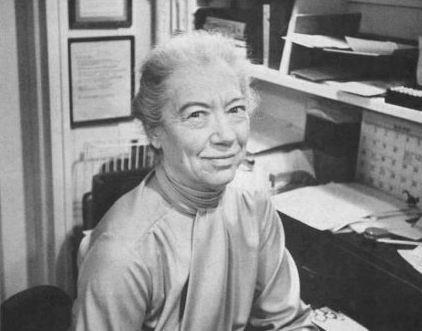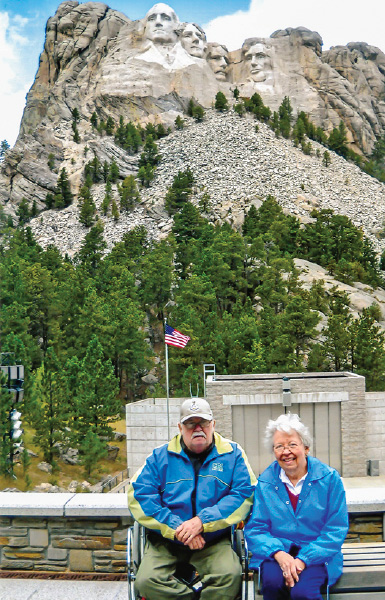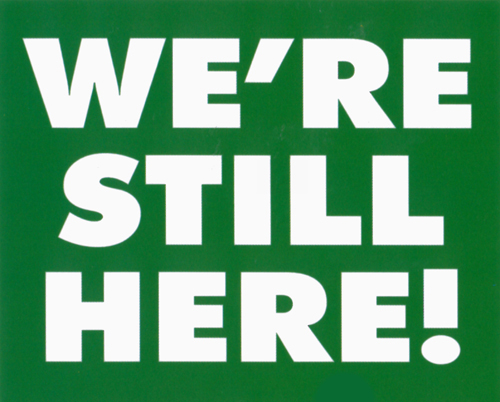Investigate and actively support current issues affecting the lives of people with disabilities.

Independent Living: The Role of Gini Laurie by Joan L. Headley, Executive Director, PHI
PHI’s Advocacy Roots
PHI continues its tradition as an advocacy organization by initiating and supporting activities that promote the independent living philosophy.
Gini Laurie, founder of Post-Polio Health International (formerly Gazette International Networking Institute), earned the moniker of “grandmother of the independent living movement” for her years of gathering names and experiences of people with significant disabilities. Laurie loved “learning new things” and early on recognized the power of information and peer support. Her newsletters, which evolved into an annual journal in the ‘70s and ‘80s, featured letters from her “friends around the world,” who shared the life stories – how they got an education, became employed, fell in love and had families. She delighted in connecting people with common problems and interests and set back and watched them “go to work.”
What is Independent Living?
A personal definition by Adolf Ratzka, PhD
Independent Living is a philosophy and a movement of people with disabilities who work for self-determination, equal opportunities and self-respect.
Independent Living does not mean that we want to do everything by ourselves and do not need anybody or that we want to live in isolation.
Independent Living means that we demand the same choices and control in our everyday lives that our non-disabled brothers and sisters, neighbors and friends take for granted. We want to grow up in our families, go to the neighborhood school, use the same bus as our neighbors, work in jobs that are in line with our education and interests, and start families of our own.
Since we are the best experts on our needs, we need to show the solutions we want, need to be in charge of our lives, think and speak for ourselves – just as everybody else.
To this end we must support and learn from each other, organize ourselves and work for political changes that lead to the legal protection of our human and civil rights.
- As long as we regard our disabilities as tragedies, we will be pitied.
- As long as we feel ashamed of who we are, our lives will be regarded as useless.
- As long as we remain silent, we will be told by others what to do.
Reprinted with permission of Adolf Ratzka, 2007, Independent Living Institute, www.independentliving.org
Issues
Post-Polio Health International adopted WE’RE STILL HERE! in 2007 as the slogan for its annual awareness campaign held the second full week of October. Contact info@post-polio.org for permission to use.
Upcoming
2023 Campaign
2021 Contest Results
Grand Prize Winner
1st Runner-up
2nd Runner-up
3rd Runner-up
4th Runner-up
See the results of past campaigns.


